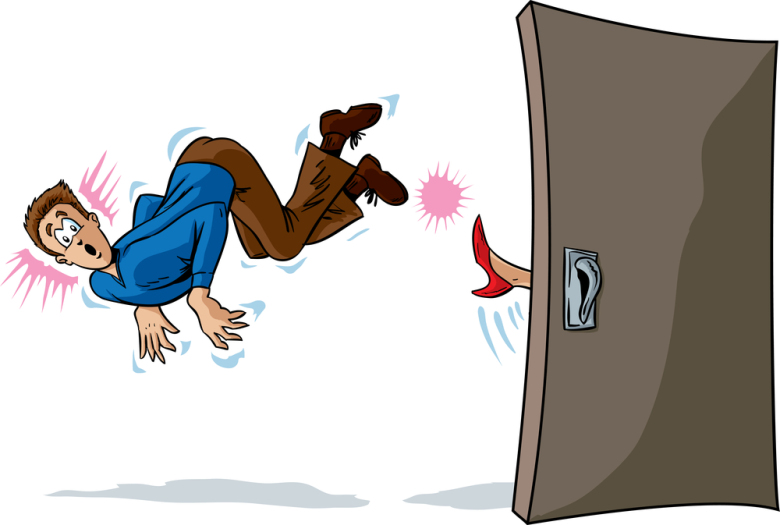 At times being a landlord can be very profitable. However, that is only when you have a paying tenant. In some cases landlords no longer seek to rent out a property and instead would like to live there themselves. Easier said than done. The Anti-Eviction Statutes in New Jersey heavily favor the tenant(s).
At times being a landlord can be very profitable. However, that is only when you have a paying tenant. In some cases landlords no longer seek to rent out a property and instead would like to live there themselves. Easier said than done. The Anti-Eviction Statutes in New Jersey heavily favor the tenant(s).
In Cashin v. Bello, the landlord, Cashin, owned a piece of property containing a six unit apartment building and a two-story house that was converted from a garage. Five of the six units were rented out to tenants with the sixth unit being used for the landlord’s storage and the landlord lived in the converted garage. In or about 1973 the landlord rented the converted garage to the tenant, Bello. On two separate occasions, the first in 1980 and the second in 2009, the landlord requested that Bello leave and in each instance the landlord did not follow through with the proper eviction process.
In January 2012 the landlord served a sixty day notice to Bello to leave the apartment. When Bello refused, the landlord filed a complaint citing a portion of the Anti-Eviction Act, N.J.S.A. 2A:18-61.1(1)(3), which says that the owner of a building of three residential units or less can evict a tenant if the owner wants to move in. The complaint was dismissed under the ruling that there were two buildings on the same property and the house/converted garage could not be considered a single “building” under the reading of the Anti-Eviction Act.
The Appellate Division had a split ruling. Two of the three Judges said the property actually contained more than three residential units and that the landlord could not avail herself of the eviction provisions of the Anti-Eviction Act. The third Judge stated that the house/converted garage was a separate single family structure.
The Supreme Court of New Jersey stated that the converted garage constituted its own ‘building’ for the purpose of the act and that the landlord could evict the tenant. The court further stated that the clear language of the statute indicates that a landlord may remove a tenant from a unit in a freestanding physical structure that contains at most three residential units.
Many landlords do not realize how powerful the Anti-Eviction Act is until an issue with a tenant arises. Landlords who fail to take all the proper steps may end up spending decades and a trip to the New Jersey Supreme Court to evict a tenant, which is unnecessary. It is best to consult with an attorney immediately to ensure that the proper notices are sent to tenants and that the proper steps are taken if an eviction is necessary.

